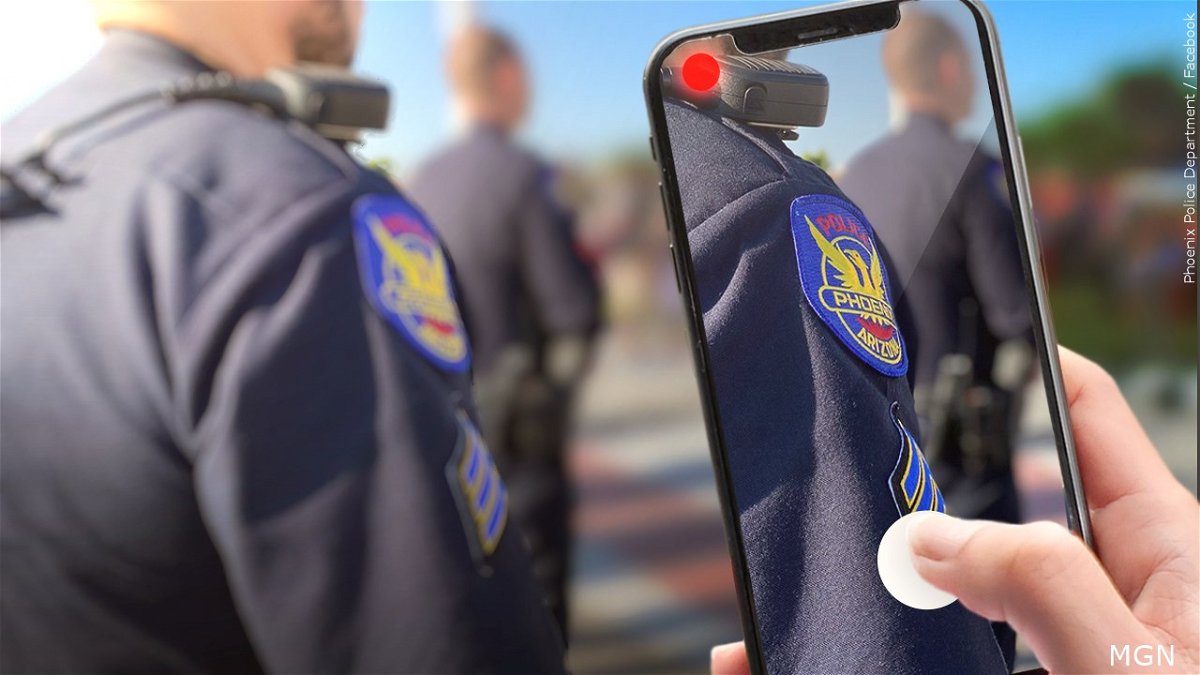A federal judge blocked an Arizona law that restricts video recording of police

By Nouran Salahieh and Josh Campbell, CNN
(CNN) - A federal judge on Friday blocked enforcement of a new Arizona law that would have restricted citizens and journalists from filming police in certain circumstances.
The law, signed by Republican Arizona Gov. Doug Ducey in July, made it a crime to video record within eight feet of law enforcement activity after a warning is given from an officer.
The ACLU and multiple news organizations filed a lawsuit last month in the US District Court of Arizona, alleging the law is vague and has "blatant constitutional issues."
US District Judge John J. Tuchi issued the preliminary injunction to stop enforcement of the law before it goes into effect September 24.
The legislation fueled concerns over transparency and accountability, especially as cell phone footage of interactions with law enforcement is increasingly credited for documenting instances of police brutality and holding officers accountable.
The ACLU and other plaintiffs argued that the law infringes on First Amendment rights of journalists and everyone in the state to record the public activities of law enforcement officers. They also argued that complying with the law will be difficult in fluid and crowded situations, like protests.
The plaintiffs had asked for an injunction to stop enforcement of the law.
The federal judge sided with the plaintiffs and gave state officials until September 16 to file any motions contesting the order.
CNN has reached out to the Arizona Attorney General's office for comment on the department's plans for any future litigation.
Attorney General Mark Brnovich was named as one of the defendants in the lawsuit, along with Maricopa County Attorney Rachel Mitchell and Maricopa County Sheriff Paul Penzone.
The law, which was sponsored by Republican state Rep. John Kavanagh, did include some exceptions, including allowing for passengers to record during traffic stops, and for the subject of police contact to record -- as long as it doesn't interfere with police actions.
Kavanagh, in an opinion piece published by Arizona Republic in March, said it is meant to give police a "buffer" as those filming may get too close to "potentially violent encounters." He also argued that today's cell phone cameras would still pick up details from eight feet away.
After the judge's decision, the ACLU released a statement calling the ruling "an incredible win for our First Amendment rights that will allow Arizonans to continue to hold police accountable."
"At a time when recording law enforcement interactions is one of the best tools to hold police accountable., we should be working to protect this vital right -- not undermine it," the statement from the ACLU of Arizona stated.
The-CNN-Wire
™ & © 2022 Cable News Network, Inc., a Warner Bros. Discovery Company. All rights reserved.